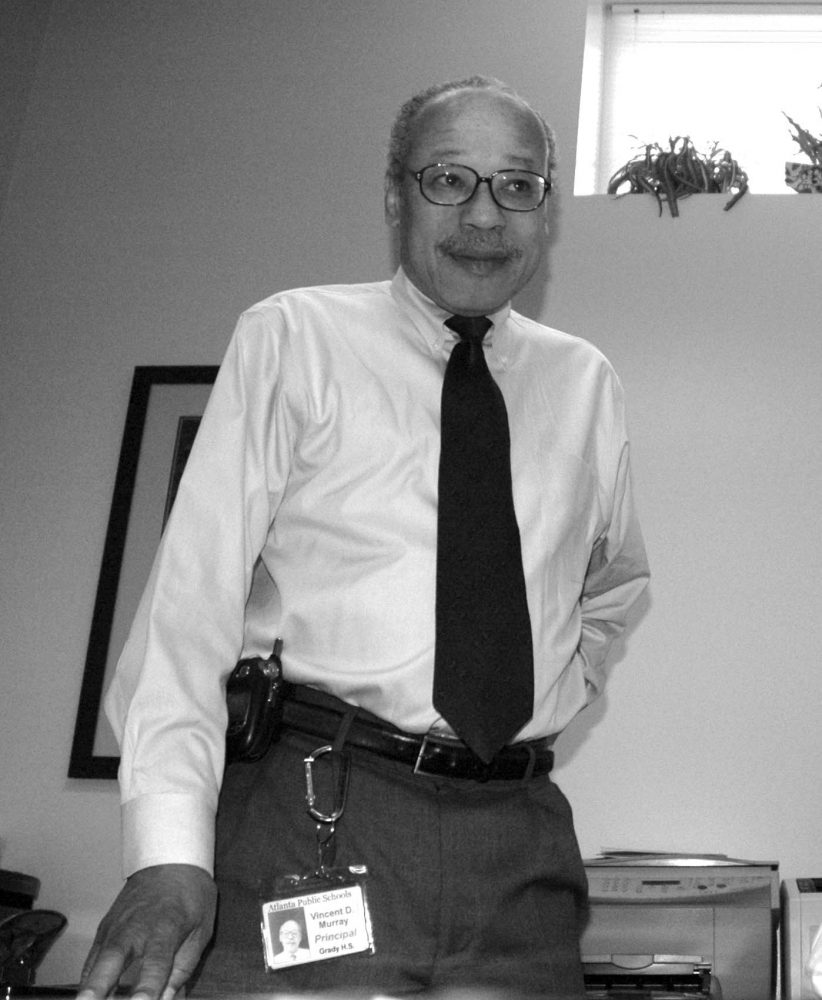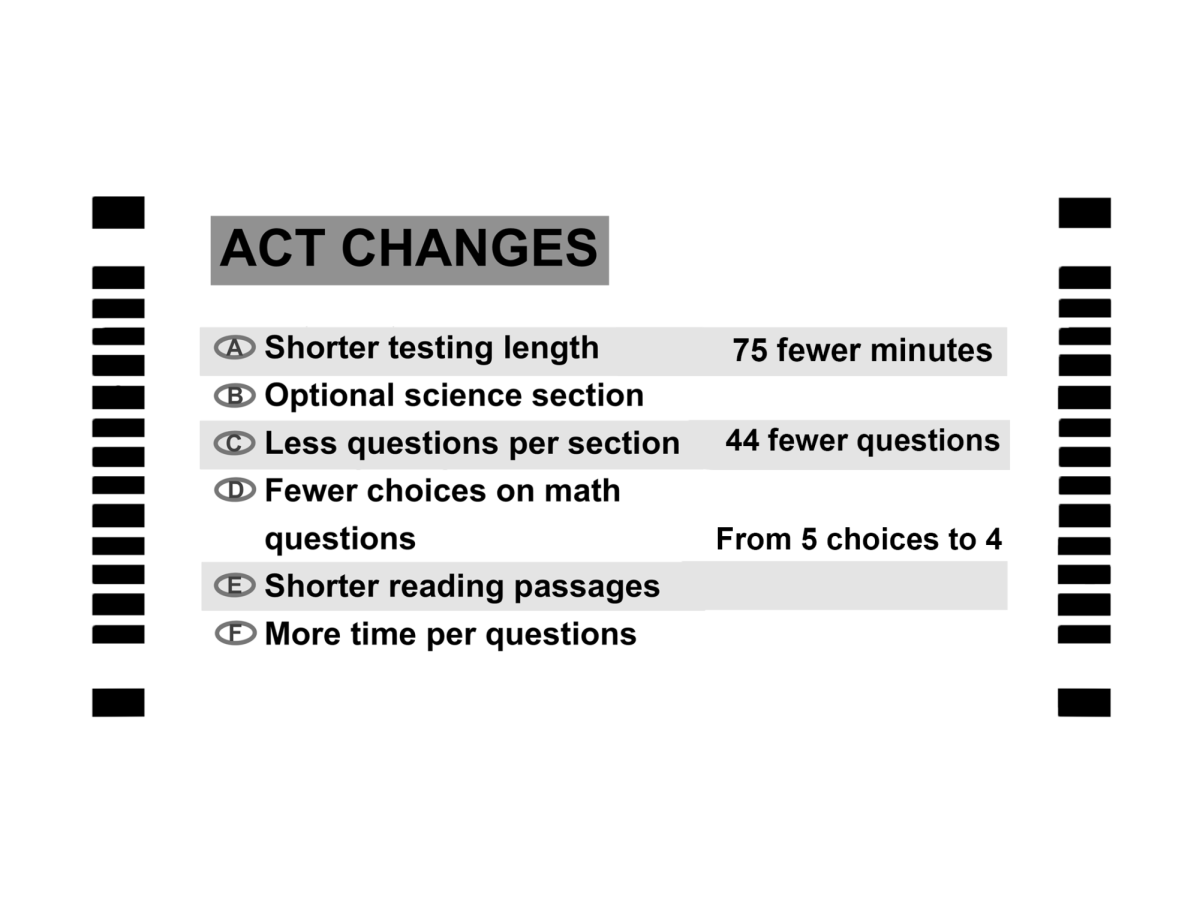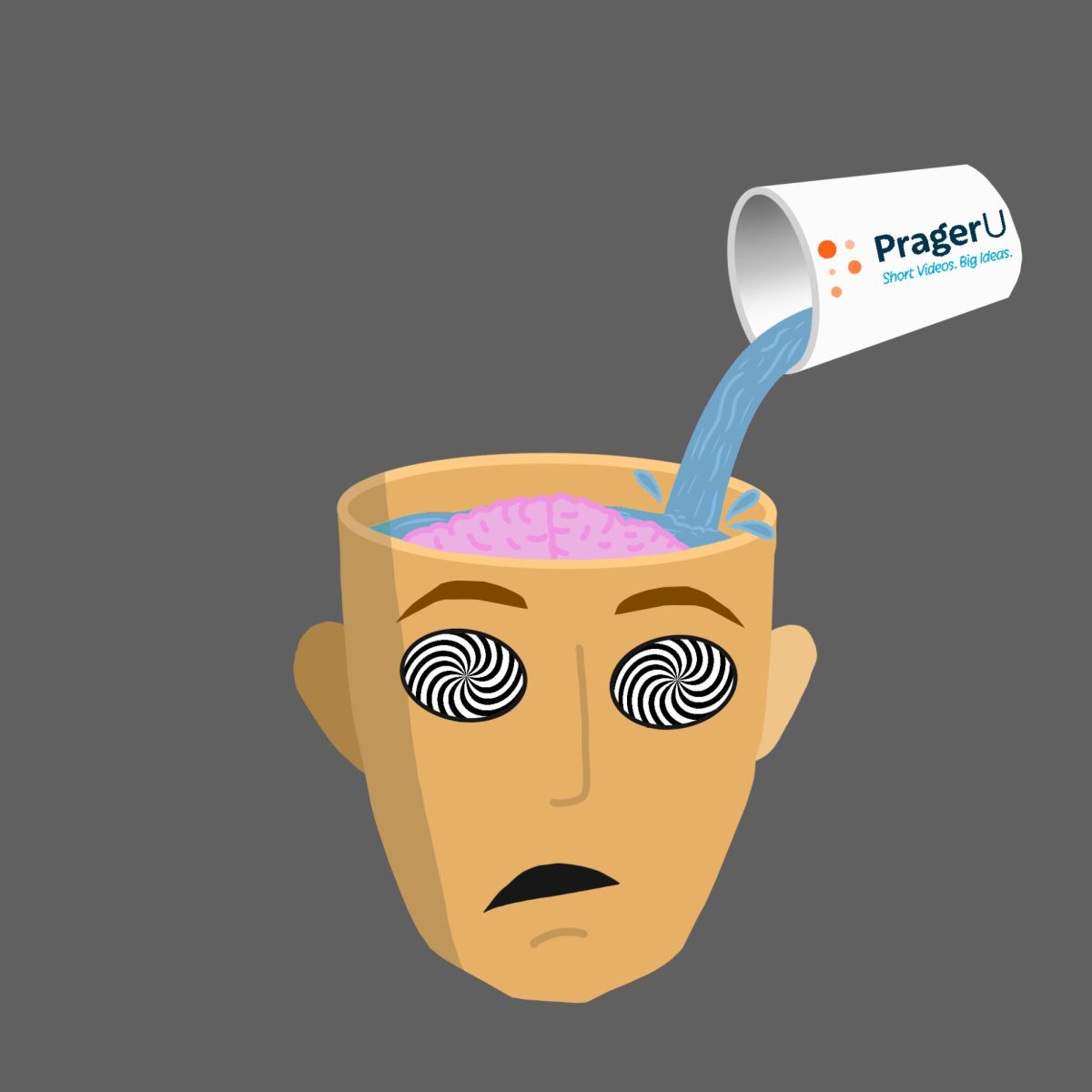
Dear Dr. Murray,
We’ve been giving you a lot of headaches lately. Southerner reporters have always been into hard-hitting, investigative stories, but for the past two years, and particularly the last few issues, we’ve been especially hard on the school and system.
We’ve raised questions about the actions or inaction of school and
system officials. We’ve looked into alleged criminal activity on and around Grady’s campus. Legally, you could have stopped us from printing these stories, but while at times you expressed disapproval for what we were doing, you’ve never told us we couldn’t run a certain story or look into a possible scandal, at least not to my knowledge. I hope that you and every other member of the Grady community realize that by allowing us to reveal Grady’s worst, you reveal Grady’s best.
Not too many other schools have such a strong journalism program, and even fewer have one that is as open and free as the one we have here.
At a school named after one of Georgia’s most celebrated journalists who turned The Atlanta Constitution into a nationally-recognized paper, where for so long communications has been an extracurricular forté the importance of a free and thriving press to the students involved cannot be overstated. On a personal level, my time on The Southerner has been one of high school’s most formative experiences, and my work on in-depth and at times extremely critical stories has made me into a better journalist, writer, thinker, and even, I believe, citizen.
It’s made me more conscious of the issues in our school and community, and it’s given me the chance to do something about them. I know that it has done the same for many other members of the staff, and I know that they would agree that it would not have been possible without your support and respect, however reluctant at times, of our efforts.
While some of your employees might disagree, your allowance of our repeated criticisms of the school not only provides for our growth as students, journalists and young adults, but it also leads hopefully to the improvement of the school and community.
Perhaps the article on racial disproportionality got administrators both at APS and Grady thinking about how we can retain this school’s beloved and essential element of diversity in a new era of education. Maybe the analysis of GHSGT diagnostics will bring about a more accurate and transparent measure of students’ abilities so that they can receive more streamlined and effective help and possibly even score better on future standardized tests.
And while all of these ideas may just represent self-righteous and wishful thinking, the fact that maybe, just maybe, us lowly 16-, 17- and 18-year-olds can make a real, positive difference in this community is an awfully good feeling.
But even if it doesn’t, the experience of writing those articles is an invaluable one, and I wanted to thank you for making that possible. I have no doubt that letting us enjoy the power and responsibility of a professional newspaper has made you uncomfortable and your work more difficult.
People may call you with concerns and complaints or launch accusatory questions at Principal’s Coffees, and you have had to defend the school, its employees and its policies from our readers.
I know it’s not easy, and perhaps knowing that we don’t take it for granted might ease the troubles we’ve caused you. We know that, among other things, the openness at this school is what makes you a principal we are lucky to have and this school a place where we are lucky to arrive every morning.
By allowing us unfettered freedom of the press, you’ve given us the ability to learn and to grow that we simply could not have enjoyed anywhere else.
Sincerely,
Sam Weinstock







